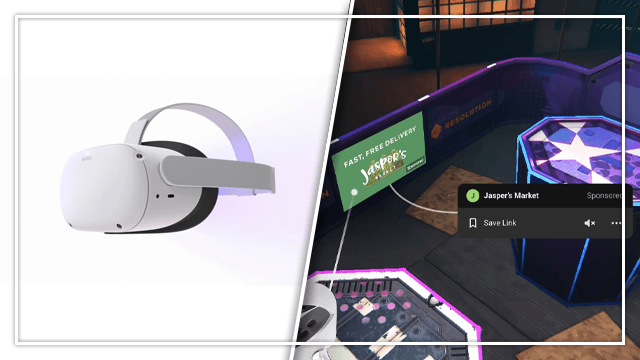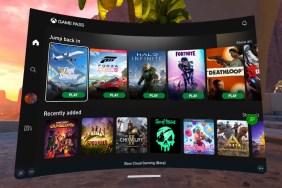The Oculus Quest 2 has been the best value in VR since it debuted in October 2020. It’s the first standalone device that is powerful enough to deliver a PC quality VR experience and is incredibly affordable for what it offers. Despite the requirement to sign in with a Facebook account and an increasingly terrible UI, the Quest 2 has largely…

Atlas is an action-rpg with rogue-like elements where you use your ability to control the ground to fight the enemies and move through procedurally generated worlds.










